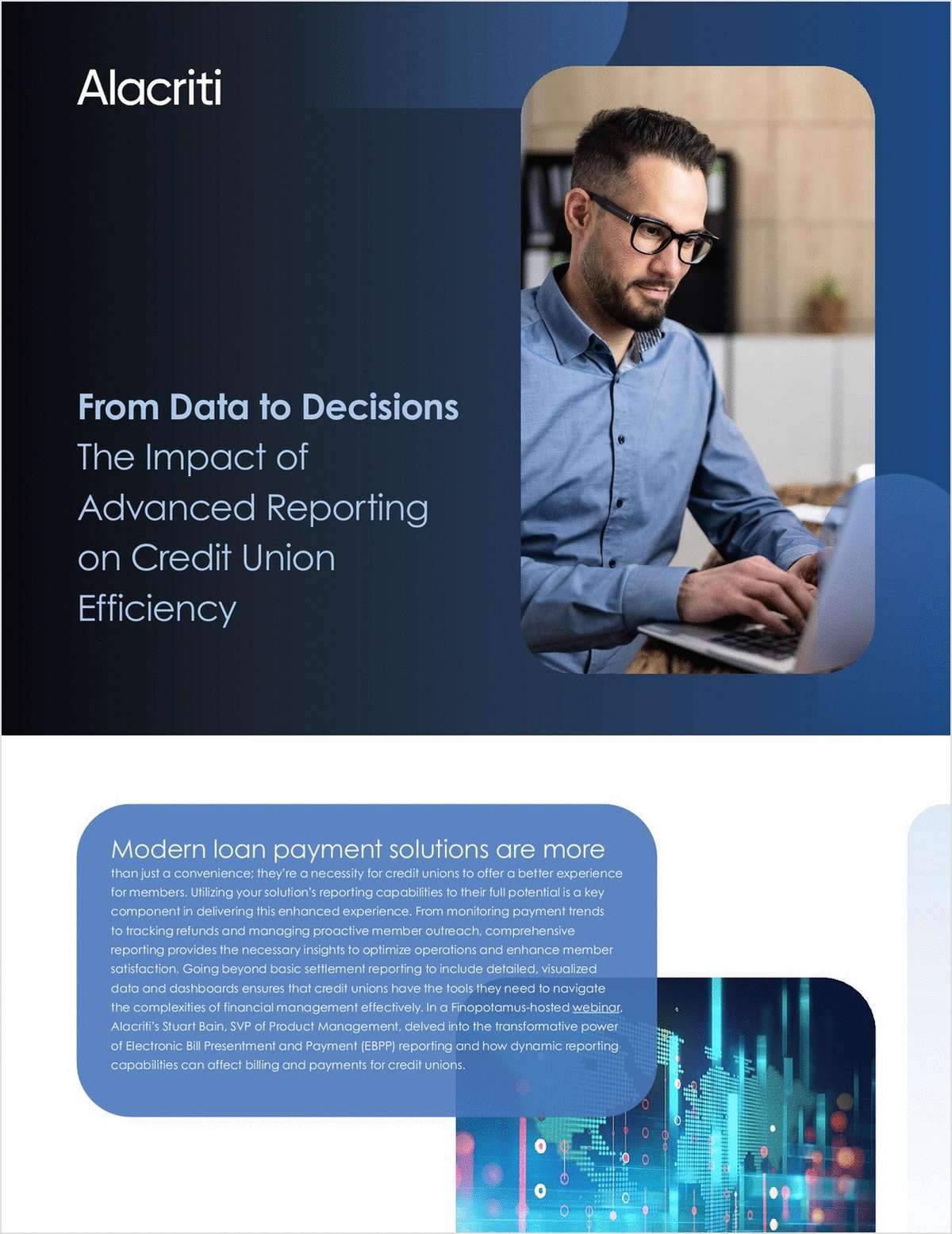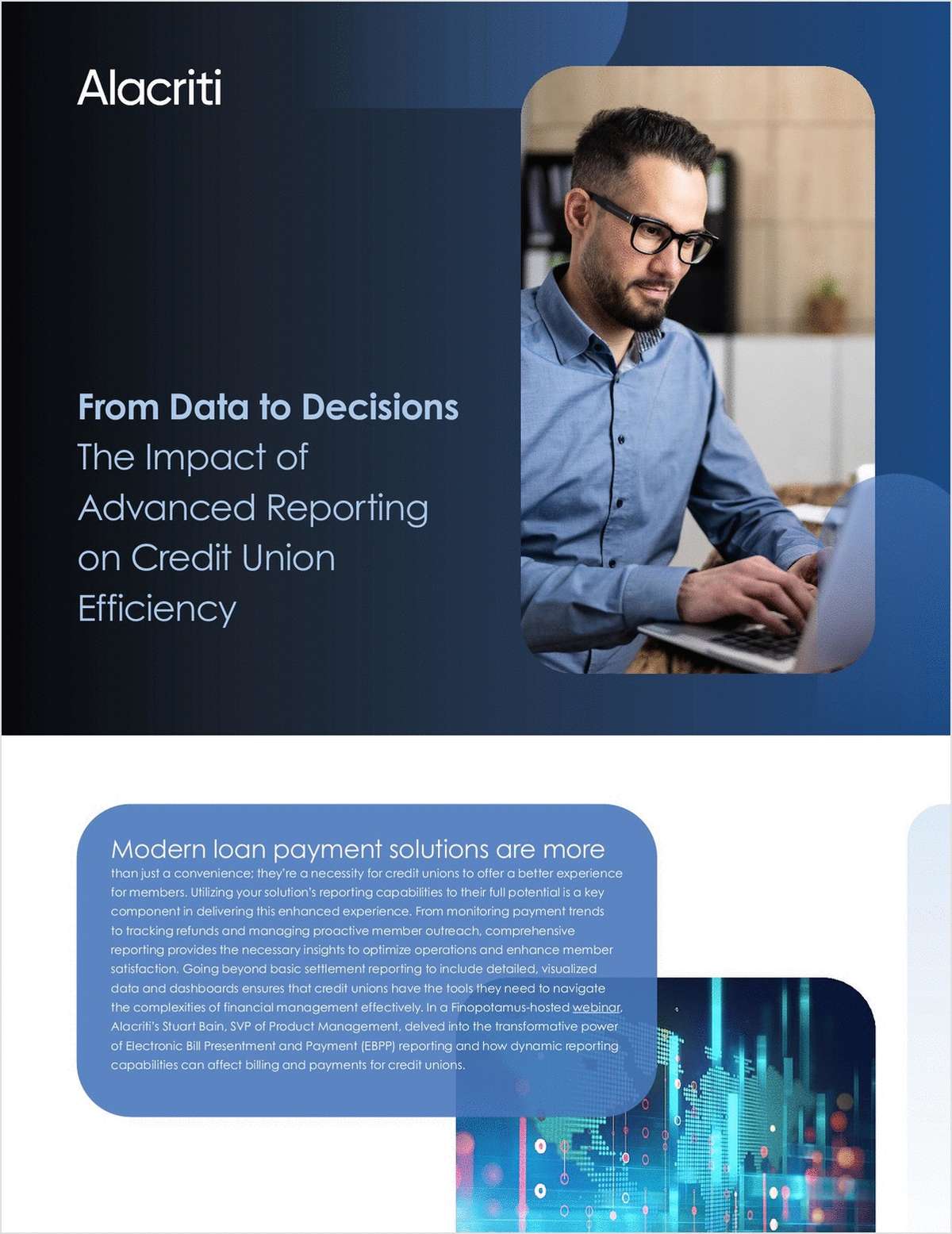Insider Trading Prosecutions Thwarted by Court Ruling
After the 2008 financial meltdown, federal securities regulators took heat for their failure to discover or halt Bernard Madoff's Ponzi scheme. One of the U.S. Securities and Exchange Commission's responses was to get tough on insider trading.
April 06, 2015 at 11:29 AM
7 minute read
After the 2008 financial meltdown, federal securities regulators took heat for their failure to discover or halt Bernard Madoff's Ponzi scheme. One of the U.S. Securities and Exchange Commission's responses was to get tough on insider trading.
The SEC encouraged U.S. attorneys to prosecute insider trading cases, with a special emphasis on the Southern District of New York, which is home to Wall Street. But the crackdown also reached Connecticut, one of the country's hedge fund capitals. In 2012, then-U.S. Attorney David Fein announced his staff was investigating several insider trading cases in Connecticut. “You'll read more about those,” Fein told one reporter.
But as defense lawyers and federal prosecutors have found, there are any number of interpretations over just what constitutes insider trading. As one recently overturned conviction illustrates, prosecutors often have one idea regarding the culpability of hedge fund employees and people who share financial information with friends (known as “tippees”) and the courts have another.
NOT FOR REPRINT
© 2024 ALM Global, LLC, All Rights Reserved. Request academic re-use from www.copyright.com. All other uses, submit a request to [email protected]. For more information visit Asset & Logo Licensing.
Trending Stories
- 1The Law Firm Disrupted: For Big Law Names, Shorter is Sweeter
- 2Wine, Dine and Grind (Through the Weekend): Summer Associates Thirst For Experience in 'Real Matters'
- 3'That's Disappointing': Only 11% of MDL Appointments Went to Attorneys of Color in 2023
- 4What We Know About the Kentucky Judge Killed in His Chambers
- 5'I'm Staying Everything': Texas Bankruptcy Judge Halts Talc Trials Against J&J
Featured Firms
Law Offices of Gary Martin Hays & Associates, P.C.
(470) 294-1674
Law Offices of Mark E. Salomone
(857) 444-6468
Smith & Hassler
(713) 739-1250










